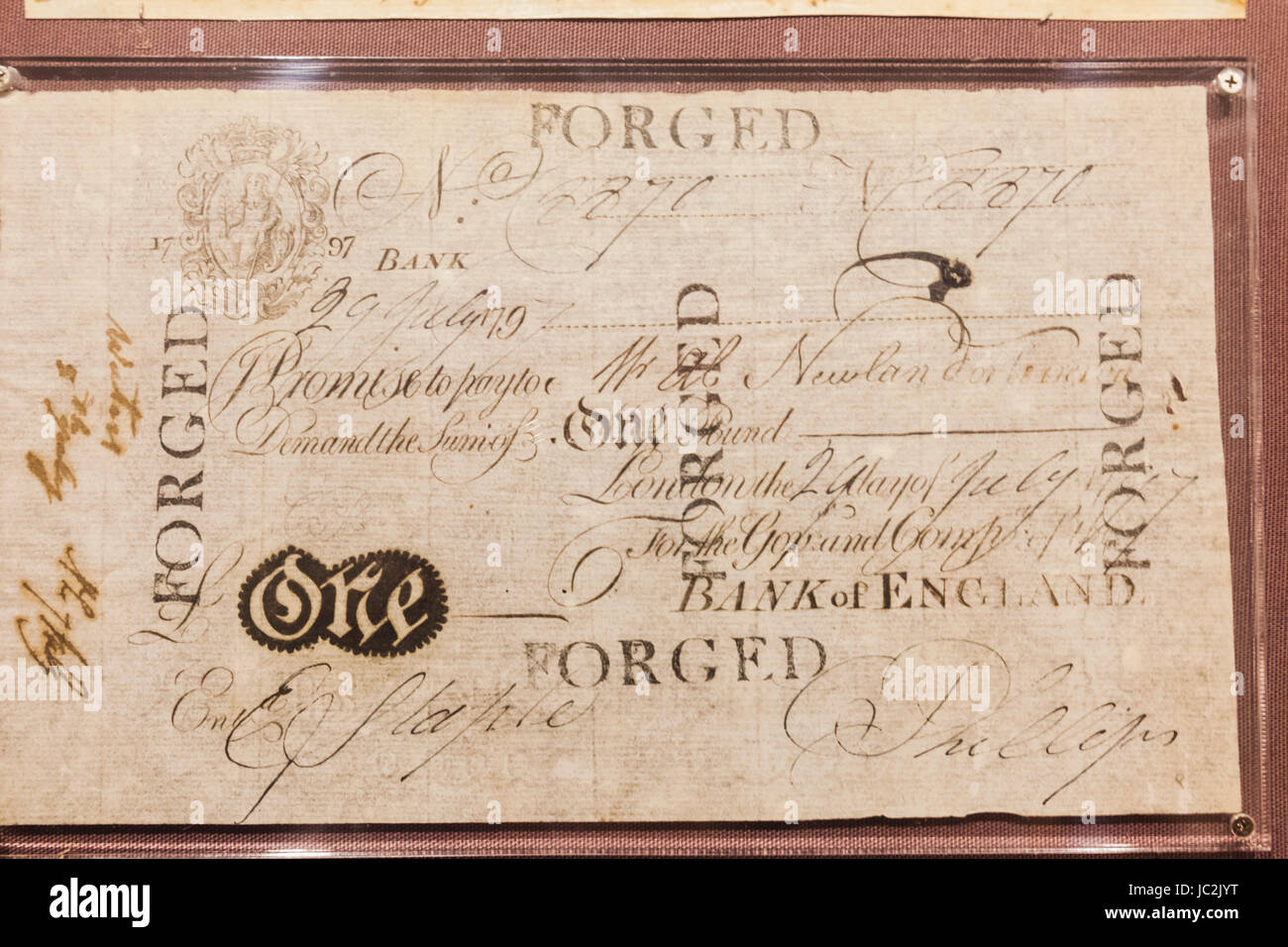

"Now, we will have to take that step if we think that there is a risk to the economy in terms of it overheating, but it would not be the right answer to a shortage of gas to raise interest rates. "Indeed, actually it would have a worse effect: it would raise interest rates, it would slow down the economy, and it would probably cause unemployment to rise. It wouldn't tackle any of those supply chain issues.

"It wouldn't produce more gas, wouldn't produce more semiconductor chips, to allow more cars to come onto the market, for instance. "Many of the causes of inflation would not be tackled directly by raising interest rates. "It was a very close call today, I should emphasise, and the reason we haven't done it is because we still need, in our view, to see the hard evidence, particularly of the state in the job market in this country."Īsked why the Bank did not raise interest rates today, despite predicting a rise in consumer price index inflation to 5%, Mr Bailey said: "We have to look at the causes of inflation. In an interview with Sky News, Mr Bailey said: "What we have signalled today is that we do think that interest rates will need to rise. In the MPC minutes, the Bank said: "The committee judged that, provided the incoming data, particularly on the labour market, were broadly in line with the central projections in the November monetary policy report, it would be necessary over coming months to increase Bank Rate in order to return CPI inflation sustainably to the 2% target." Listen and subscribe to The Ian King Business Podcast here The Bank had been widely expected to increase borrowing costs since the governor warned at an event last month that with inflation rising fast, it would "have to act" to bring prices under control. However it forecast that inflation would fall sharply towards the end of next year and said that it was quite plausible that if energy prices fell in line with market expectations, inflation could drop below its target next year. The Bank said much of these forecast changes could be attributed to problems in global supply chains, which have pushed up prices and limited the availability of goods, and led to higher energy costs.Īnalysis: Bank policymakers steal trick from journalistic playbook as tricky COVID recovery plays out It cut its forecast for economic growth by a percentage point and pushed back the date at which the UK economy regains the level it was at before COVID and the lockdowns. The Bank said that it now expected the consumer prices index (CPI) measure of inflation to rise to 5% next year - among the highest price forecast since the Bank was granted independence in 1997.

Ex-BoE governor: 'Supply shocks' caused by COVID and Brexit


 0 kommentar(er)
0 kommentar(er)
